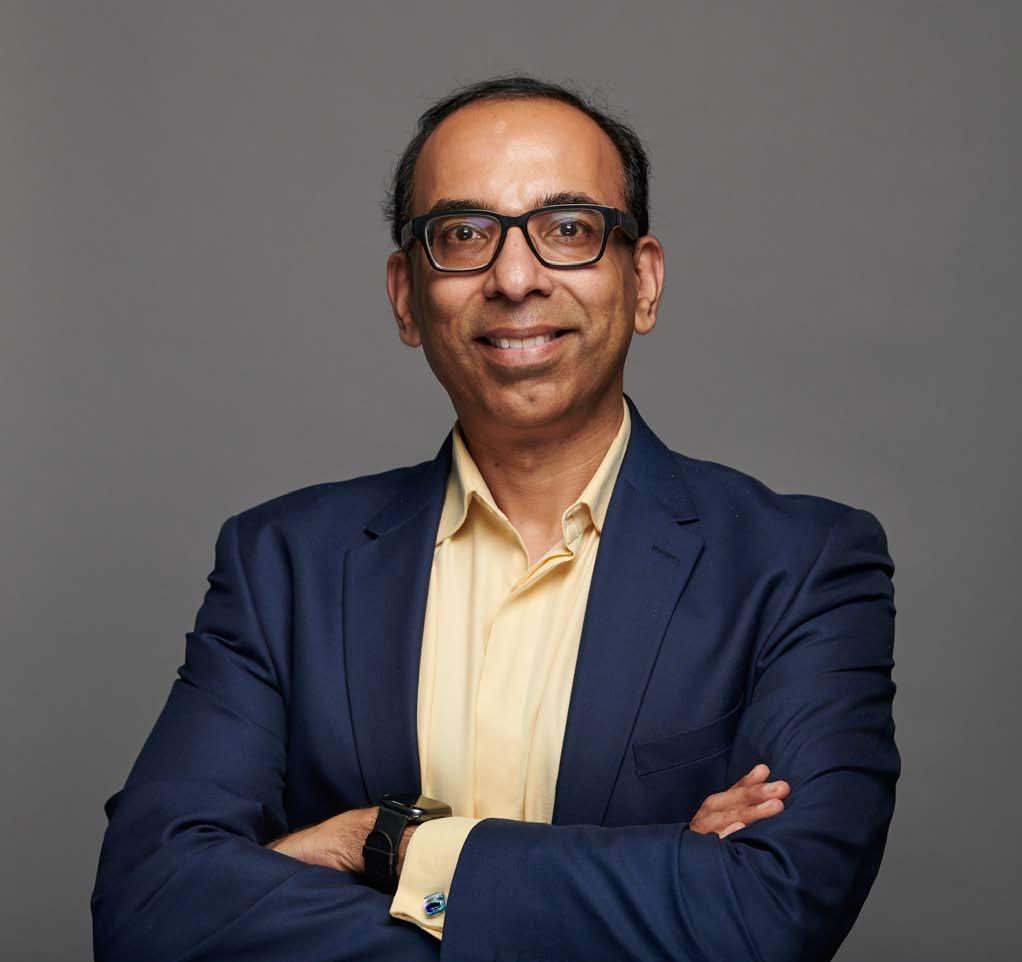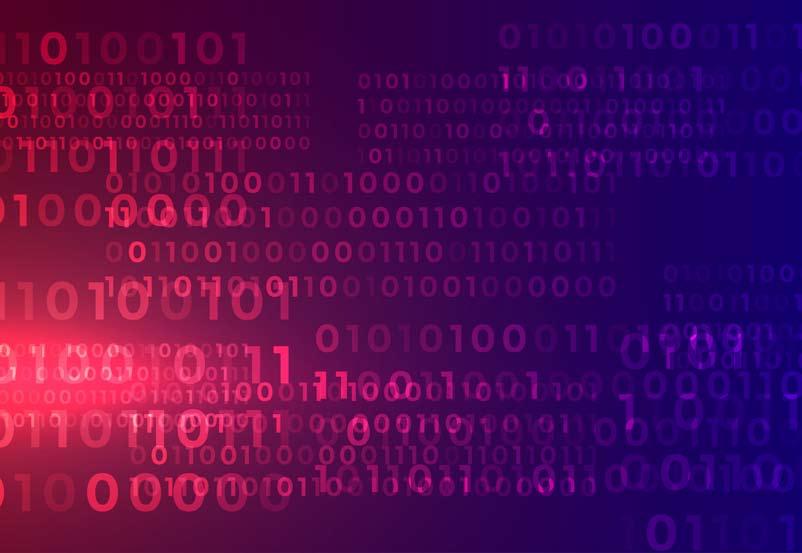
4 minute read
Our future with algorithms
from OSOZ World
by OSOZ Polska
What if we are wrong about AI in healthcare? What if the dream of data-driven medicine will turn into a nightmare of data misuse and restrictive supervision of health 24/7? Interview with Maneesh Juneja, Digital Health Futurist.
What is your most dystopian scenario for data misuse in healthcare in the future, and digitalization in general?
Advertisement
The most dystopian future is one in which our health data from a variety of sources is used to deny us opportunities in life. In those countries where governments provide healthcare, the worst scenario is where you get diagnosed with a specific disease and the government determines that you increased the risk of getting this disease because of your lifestyle choices over the years. As a result, the authorities decide not to offer free or subsidized doctor visits and treatments but charge you full price instead. What about a future where a government limits our ability to travel, buy a home, or change job, simply because of the choices we have made in the past that have negatively impacted our health?
Where does the border between individual freedom and health lie? Should governments have the right to steer people’s health behaviors in the name of better health and well-being?
We are heading for a future where technology will enable a world where every day each of us gets a series of digital nudges which are designed to ensure each of us makes the healthiest choice possible in terms of behavior. While some may feel this is a critical step towards a healthier population, and the ultimate way of enabling behavior change, I would instead expect that we use technology to educate people. To ensure that children from the age of 5 understand the impact of their daily choices on their health so that they can make informed choices at every stage of their lives.
The more data that the big tech companies gather, the more powerful they become. What are the threats to the datadriven economy?
For many, these large datasets are an opportunity to accrue and wield power, by knowing so much about our lives, our preferences, and our activities. Anyone born today is going to have a much larger digital footprint than those born in earlier generations. What if the data being collected about you from your birth is used as part of an interview process for a job when you are an adult? Could the health data collected about you as a baby be used to predict your risk of developing a certain disease later in life, and your potential employer uses that data as part of the assessment to determine if you are going to be a productive employee or not?
Will we one day find ourselves in a situation like a protagonist of George Orwell’s “1984”, Winston Smith, where we are forced to eat our favorite, but unhealthy and banned food in secret to hide this “crime” from the smart home devices that control everything we do?
It could well be that economic constraints force us to choose a system where our choices are monitored 24 hours a day by the government. To make healthcare sustainable, if we were offered an opportunity of paying a lot more income tax or being tracked 24 hours a day, maybe most of us would choose the latter. We already have people living with eating disorders who eat secretly, and some – who are sharing data from their activity tracker with their health insurance company – is falsifying that data by putting the tracker on someone else. It does sound crazy to imagine a future where people would find ways to go off the grid, just to eat a piece of cake or stay up late watching a movie, but if there is one thing we should learn from human history, and that is always to expect the unexpected.
What should we do to avoid these pessimistic scenarios, moving us from health democracy to health dictatorship?
So the key to ensuring we don’t end up with a health dictatorship is to have a national conversation about the health of the nation. A conversation that involves everyone across society, to listen and to learn what communities and individuals want, but also what they don’t want. What does health mean to each of us? Do we end up with a much healthier population but with all joy removed from life, because we no longer have the freedom to choose what we eat, what time we go to bed or how long we walk? I do believe in the power of data to help us make better decisions, but that data has to be used in a fair, transparent, and responsible manner. Or maybe we need to look at the future from a different perspective? Perhaps the structure of society needs to be overhauled so that it’s easier for us to walk to work or fruit and vegetables are affordable and accessible to everyone? Rather than limiting our choices, why can’t we build societies where we are presented with the best possible choices to maximize our chance of living a healthy life?











